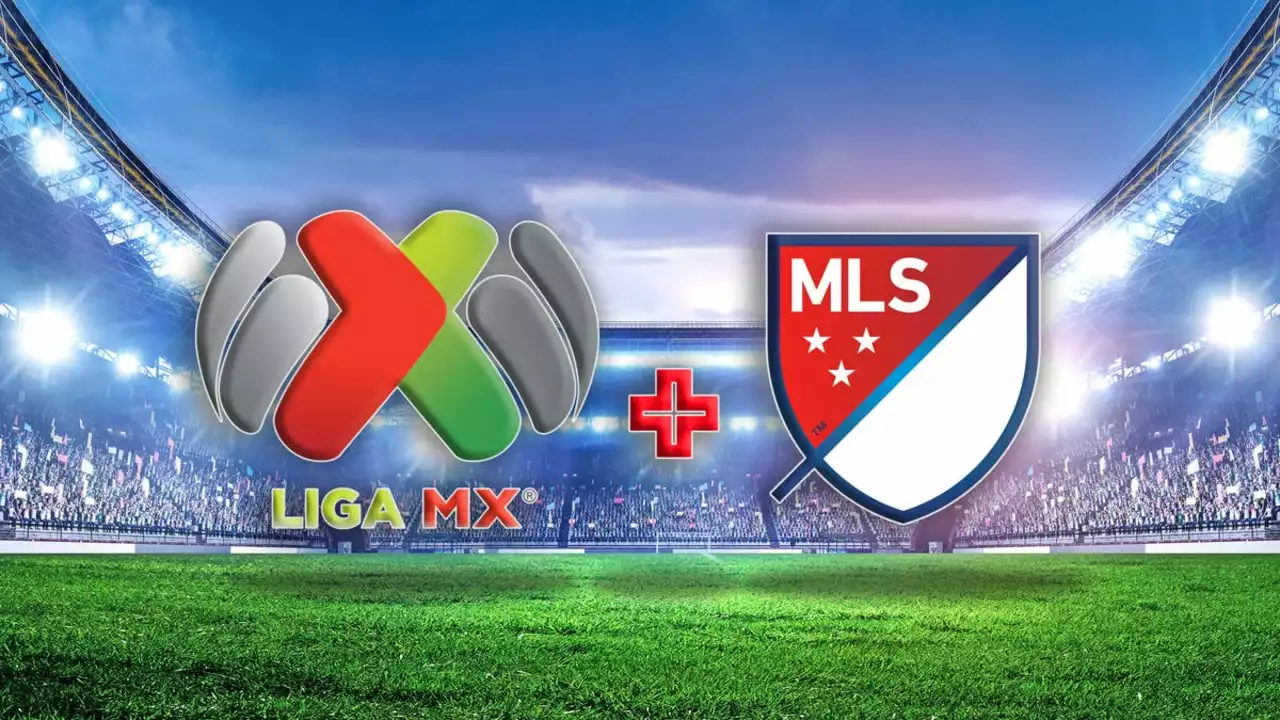The Nitty Gritty: The Basics of Relegation
Before we dive headfirst into the thick of it, let's squeeze our brains a little and understand the basics of a relegation system. To put it simply, relegation is like a cruel game of musical chairs. Picture it: in a room full of players all wanting to sit on the gloriously cushioned VIP chair, inevitably someone will be left standing when the music ends. In the football world, that unlucky soul would be the underperforming team at the end of the season, which would be relegated, or bumped down, to a lower league. Conversely, if a team from the lower league emerges as a champ, they do a little Victor's jig and are promoted to the top league. This system, rooted deep into the heart of most football leagues around the world, creates a fiercely competitive environment. Everyone's fearing the drop and angling for the upgrade, which naturally amps up the thrill factor. Let’s get this straight, though: Kieran’s not advocating a Hunger Games-style football world. We just know a good competitive scenario when we see one.
MLS: The Odd One Out
The peculiar thing you see about Major League Soccer (MLS), however, is that this system of relegation and promotion is absent. It's like an iPhone without Siri or a sandwich bereft of cheese. You might wonder why this is, wouldn't such a system enhance the spirit of competition within the league? Now, I'm no Sherlock Holmes, but my love for sport does sway me towards putting on the proverbial deerstalker cap and uncovering the truth.
The American-Style Franchise System
When you plumb the depths of the MLS structure, you stumble upon the American-Style Franchise system running through its fibers. Envision a kaleidoscope of indomitable gladiators locked within an impregnable fortress, vying for supremacy. Revving up the picture with a dash of capitalism, sprinkle owner-investors in the mix, ready to plunge hefty green bucks into the pot. That, my friends, is the Americanized version of football. MLS falls solidly within this trope, where it operates as a single-entity business. Owner-investors purchase shares in the league, not individual clubs, keeping the profits in house and doing away with the risk of relegation-induced bankruptcy. Sounds like quite the party for the owners, right? As much as I might kindle an image of an owner-infested piranha tank, this model gives financial security and the space for teams to grow.
Would Relegation Really Rock The Boat?
Looking from a spectator's point of view, the argument for a relegation system in MLS does punch some solid ground. My own personal experience at an MLS game springs to mind. There was this one season when I secured tickets to an MLS game. Rain was falling in buckets, and my umbrella was about as useful as a tea strainer in keeping me dry. This team, let's name them Team A (because Kieran's a wizard with names!), was sitting at the tail end of the league. Team A played with the enthusiasm of a sloth on Valium. I can't quite shake the feeling that had relegation been looming over their heads like a sharp-bladed guillotine, they might have played with more verve. From a fan's perspective, the thrill of jeopardy and the chance of placing bets on relegations could rev up the excitement level.
The Silver Lining: Parity and Balance
However, there's always the other side of the coin. As much as we want to satiate our hunger for perilous thrillers, there's a beauty in the balance that the current MLS system provides. Think of it as equilibrium. Without relegation, there's an even distribution of high-quality players across teams. The result? More equally matched, nail-biting games. Just last season, we saw a record twelve different teams making it to the playoffs. Tell me that doesn’t get your heart pumping. As Team A showed me, not all games can be the highlight reel of the season, but the potential for any team to step up, hit a streak, and challenge the status quo, that my friends, that's the beauty of soccer.
In wrapping this up, despite the lack of a relegation system in MLS having its share of critics, there’s a kind of unruly charm to the way things stand. While the threat of relegation would undoubtedly light a fire under teams’ tails and probably make nights a tad less wet for spectators like me, there's a potent argument to maintain the current structure. At the end of the day, it seems the MLS circus will continue to enthral us - with or without the specter of relegation. But hey, that's just one man's perspective. What do you think? Should MLS adopt the relegation system?
